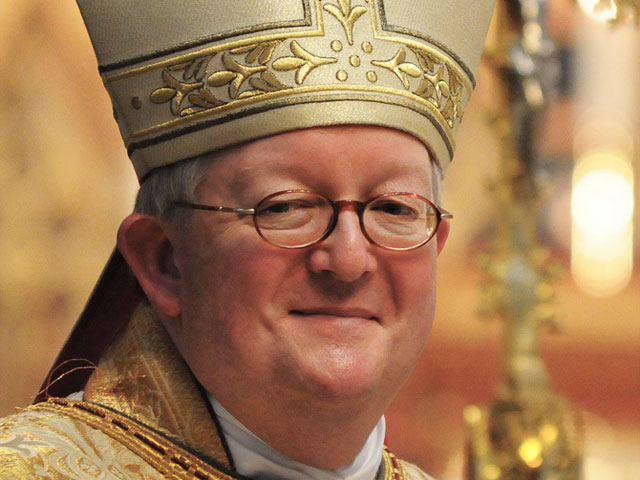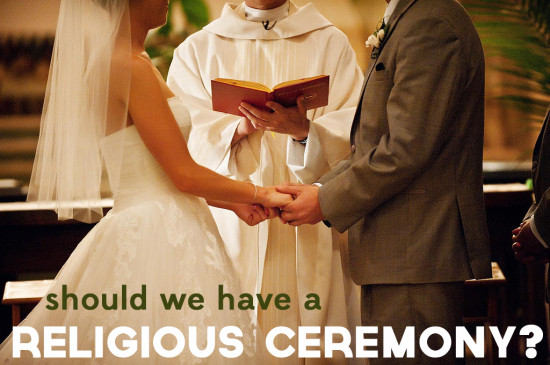This whole GetReligion operation, as regular readers know, exists to look at the good and the bad in the mainstream media’s attempts to cover religion news, events and trends.
Thus, we spend very little time focusing on essays published in advocacy journalism outlets.
Thus, we spend very little time focusing on coverage in religious publications that grind out news and information about individual religious flocks.
Thus, we spend very little time focusing on first-person journalism, since that often — but not always — is linked to journalism produced in a more “European,” opinion-driven style (see rule No. 1).
However, there are always exceptions to the rules. One of the most common exceptions is when we find first-person essays that are directly linked to the state of religion news coverage. There are also times when we come across a piece written by a world-class expert on some aspect of religion that we simply cannot imagine religion-beat professionals, and those who appreciate the subjects addressed by religion-beat professionals, would not wanting to read.
That is the case with the National Catholic Reporter piece that ran the other day by — naturally enough — the omnipresent John L. Allen Jr.
While armies of reporters are following each and every symbolic Vatican move made by Pope Francis, Allen hopped a plane and headed over to Buenos Aires to produce a piece with this logical headline: “Who Francis may be based on who Bergoglio was.”
It contains all kinds of information and quotes from real people who have watched the this quiet man for decades. Allen lets them talk, which means that when it comes time to sum up their words into observations and predictions about the new pope, it is highly likely that readers are going to believe him.
Religion-news junkies are going to want to read it all, but, in particular, I thought GetReligion readers would appreciate a few passages in which Allen shreds some of the early attempts to pin a simplistic label on Francis.
… It’s clear that despite the insta-hagiography that always surrounds a new pope, Bergoglio was hardly a cultural icon in Argentina before his election. He kept a low profile, and many Argentines say they’re getting to know him only now along with the rest of the world. …
It also seems clear that Bergoglio wasn’t perfect, despite the fact that it’s hard right now to find many Argentines willing to say so out loud. For instance, vocations to the priesthood have been falling in Buenos Aires on his watch, despite the fact they’re up in some other dioceses. Last year the archdiocese ordained just 12 new priests, as opposed to 40-50 per year when Bergoglio took over. (For the record, people say that Bergoglio did his best to support his priests and seminarians, taking a special interest in seminary life.)
The future pope also certainly had his critics. Some conservatives grouse that he was too committed to the social gospel and not enough to proclaiming the faith; some liberals saw him as an enemy of liberation theology and social emancipation. Others say Bergoglio could come off as fairly inscrutable and a bit “political.”
More than once, I heard a version of the following quip: “I didn’t know what he was really thinking … he is a Jesuit, you know!”
And the ultimate takeaway from this first-person study? Here are two of Allen’s conclusions, in abbreviated form:
First, there seems universal agreement that the heart of Francis’ pastoral vision is a desire for a missionary church, a church that moves out into the streets to meet people where they are and to respond to their real needs, both human and spiritual. Over and over again, people who’ve lived and worked with Bergoglio cite some version of two of his favorite sayings:
“A church that stays in the sacristy too long gets sick” — the idea being that remaining in an enclosed space, constantly breathing the same recycled stale air, is bad for the church’s health. The church needs to get out into the wider world in order to stay vital and alive.
“Teachers of the faith need to get out of their cave” — meaning that preaching to the choir is not the heart of the missionary enterprise, but rather making the faith relevant to people on the outside.
In other words, Bergoglio didn’t want his priests studying the slums, visiting the slums or preaching about the slums. He wanted them living there and ministering there — around the clock. The new pope’s commitment to simplicity is not a style thing, instead “his opening act is a whole program of governance in miniature.”
Second, it is very hard — in the context of Argentina — to label the new pope as a “conservative” in any sense other than basic doctrine. Remember that Allen is writing in an openly liberal Catholic publication.
Bergoglio is one of the least ideological people you’ll ever meet, more interested in concrete situations than in grand political theories. The most serious opposition to Bergoglio from within the Catholic fold in Argentina consistently came from the right, not the left. …
Perhaps the most interesting read on where Bergoglio stands came from Juan Carr, a renowned social activist in Argentina and a 2012 Nobel Peace Prize nominee.
In Latin American Catholicism, he told me April 3, “I’ve noticed a growing split between a church completely focused on the spiritual side, and a church that’s completely committed to the social issues but without addressing the devotional needs of the people.”
“Bergoglio is a rare figure who transcends that divide, embracing both.”
The pope, in the end, is a man who likes to gather his own information, draw his own conclusions and then make his own decisions. Observers should not be surprised if some of his decisions are quite bold.
If you are interested in the new pope, this is must reading — no matter what side of the computer keyboard or reporter’s notepad you occupy.











